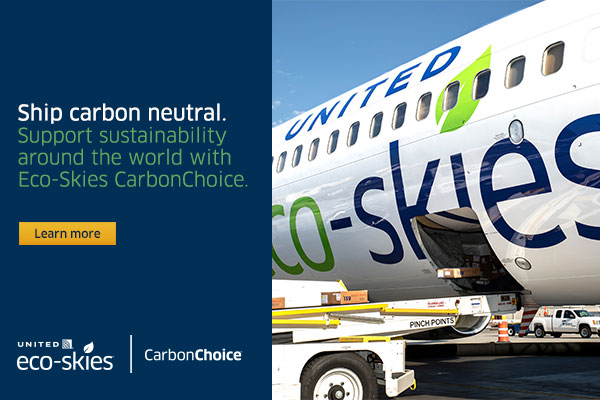 |
 |
 #INTHEAIREVERYWHERE |
| Vol. 15 No. 62 | Monday
August 15, 2016 |
 |
The Express Track In Washington
Jim
Conway, Executive Director of Express Delivery and Logistics
Association (XLA), says he not only plans an appearance;
he is also ready to roll up his sleeves to help drive
air cargo reform into action. Why
USACIA?
“The
XLA is participating in the Washington Air Industry
Affairs Summit because our membership values the opportunity
to share perspectives on various aspects of our industry.
Education
Is Key
“Equally important
is the education aspect of the summit. USACIA
Takeaway
“The Express Delivery and Logistics Association
(XLA) is proud to be a supporting organization of the
Washington US Air Cargo Industry Affairs Summit in October. The
Lionel Train
New
President of CNS Lionel van der Walt, the lightning
rod for this expansive initiative, also had this to
say: |
LAN Aircraft
cool their brakes on the tarmac last month in Santiago,
Chile, after LATAM agreed to pay more than $22 million
in fines to the USA Securities and Exchange Commission
(SEC) and the Department of Justice (DOJ) for a violation
of the accounting provisions of the Foreign Corrupt
Practices Act. |
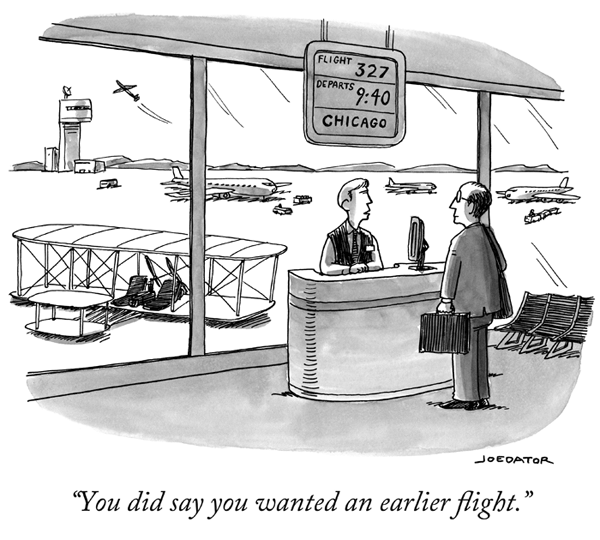 |
Headquartered
in Hong Kong, Freightos, the new “online freight
marketplace,” is making headlines as it claims
to have the solution to revolutionizing the cargo market. EasyDGR Redux? Remember
IATA’s much-touted EasyDGR, the first electronic
solution to digitalize Dangerous Goods documentation,
which was aimed at the shipper? On The Track of TRAXON Does
Freightos sound too good to be true? So Who Needs Freightos? Will The Freightos Solution Work?
In a word: certainly. |
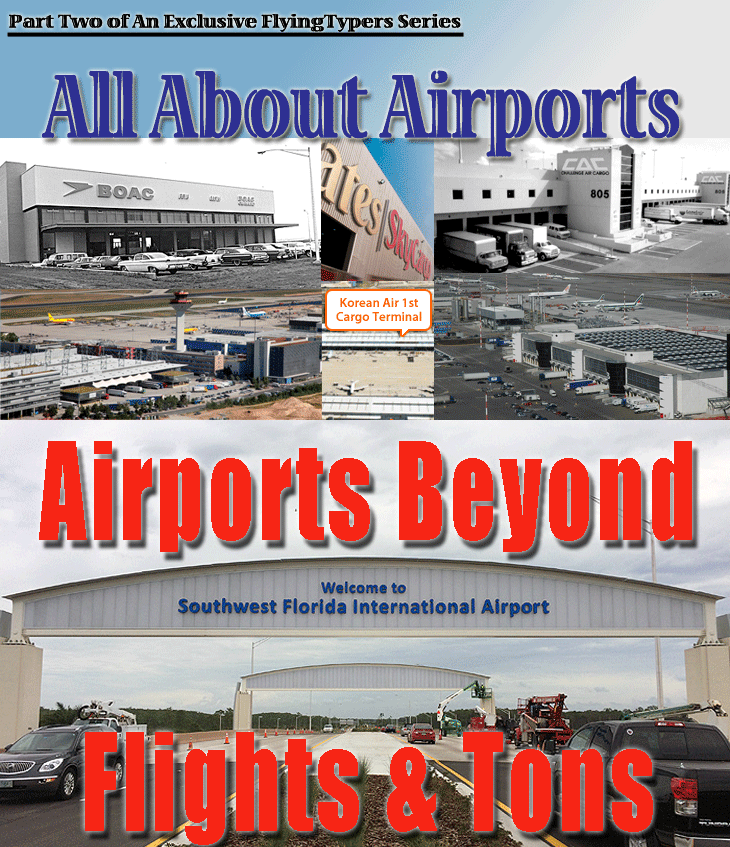 |
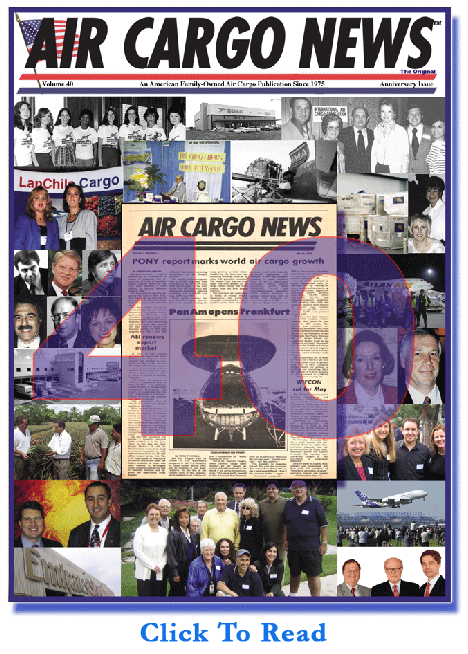 |
An aerial view of Chicago, Lake Michigan, and Soldier Field are seen at sunrise through an Instagram filter from an airplane on final on Monday, April 8. |
 |
|
If
You Missed Any Of The Previous 3 Issues Of FlyingTypers
Access complete issue by clicking on issue icon or Access specific articles by clicking on article title |
||
 Vol. 15 No. 59 LIGHTBOX for August 3, 2016 Lufthansa Cargo's Long Hot Summer Chuckles For August 3, 2016 Repo Man Moves Customer Claims |
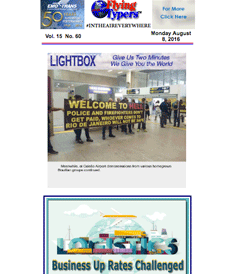 Vol. 15 No. 60 LIGHTBOX for August 8, 2016 Business Up Rates Challenged Chuckles For August 8, 2016 Pride of the Nation Letter to Lufthansa Elevate Women Says DhankarSweet Summer Farewell |
|
Publisher-Geoffrey
Arend • Managing Editor-Flossie Arend • Film Editor-Ralph Arend • Special Assignments-Sabiha Arend, Emily Arend • Advertising Sales-Judy Miller |
|

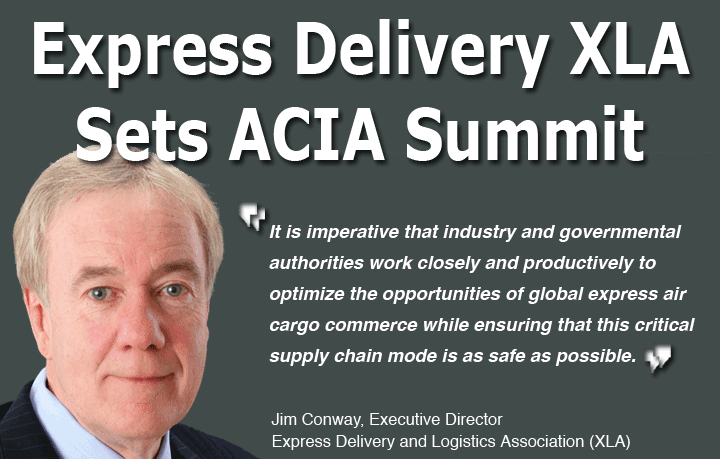
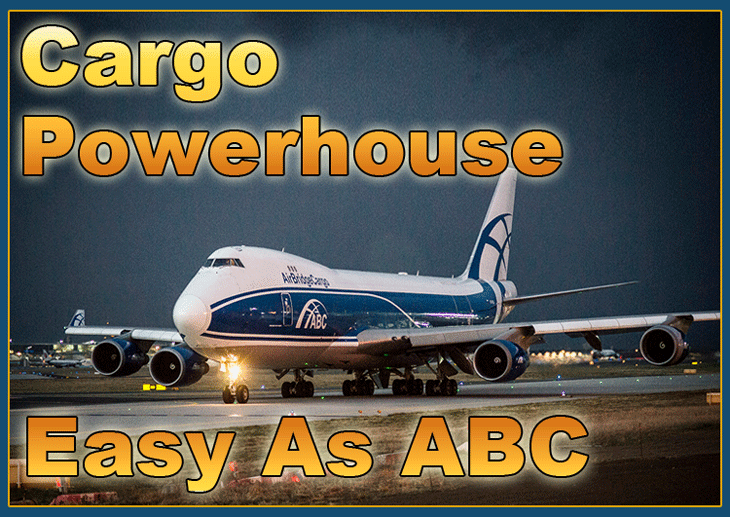

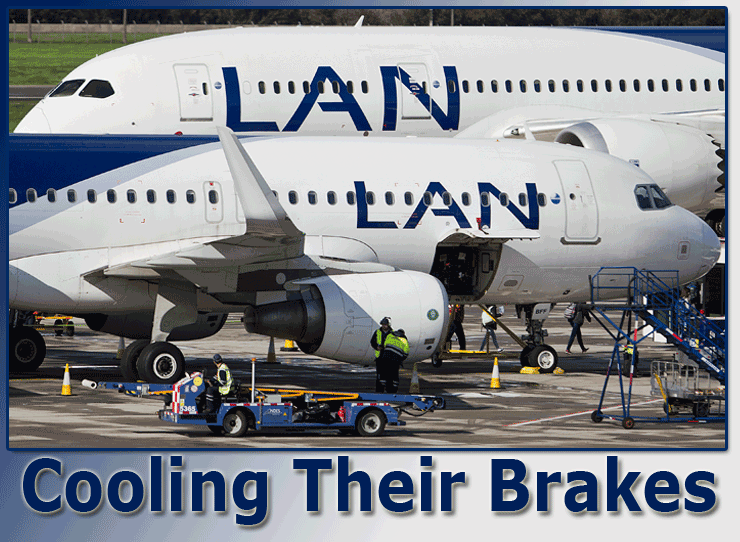
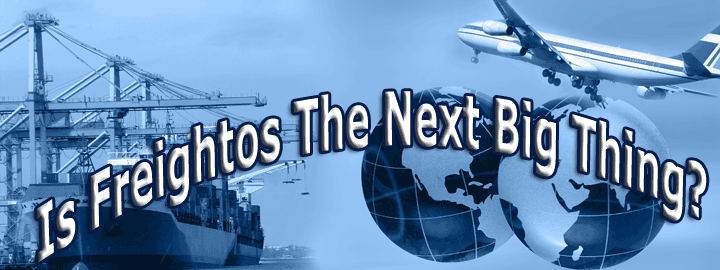




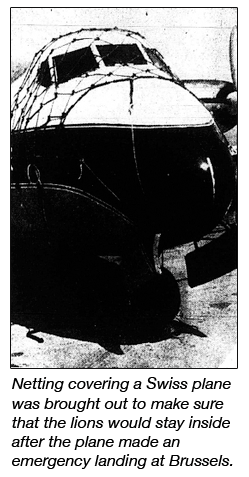 Dateline
Brussels . . . Armed with only
a hatchet, on July 16 a copilot of a chartered plane
fought three angry lions midair while the pilot steered
the aircraft to an emergency landing.
Dateline
Brussels . . . Armed with only
a hatchet, on July 16 a copilot of a chartered plane
fought three angry lions midair while the pilot steered
the aircraft to an emergency landing. 